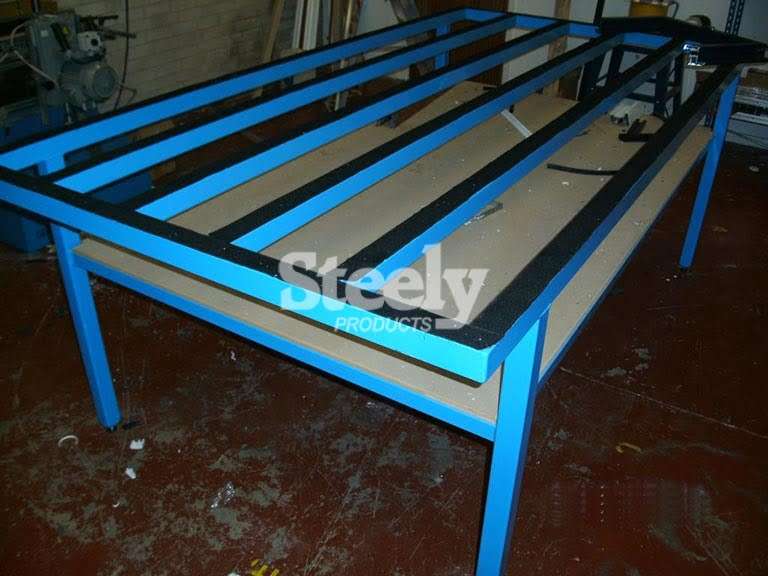
You don’t simply walk into a job as a metal fabricator. These respected technicians require a long list of skills – and in some cases qualifications – to qualify for the job they do.
Metal fabricators work with a range of metals to design and manufacture products for the industrial, commercial and residential markets.
In this article, we will break down exactly what’s required for the metal fabricator role, looking at both practical and technical skills.
The path to the metal fabricator role
Before we put the spotlight on the various skills needed, how do metal fabricators come to work in this role? There is no set path, but a body of specific training and experience is needed.
While some metal fabricators may have taken a bachelor’s degree in a subject such as mechanical engineering, others may have gone down the apprentice route. One thing is certain – all metal fabricators must understand how to operate the equipment required for the role, and have the necessary certifications.
Technical skills
Blueprint reading is one of the most critical skills for a metal fabricator. This is the ability to read and interpret blueprints, the diagrams which detail exact dimensions, materials, and specifications required for a project. Mastering blueprint reading ensures that a fabricator can follow precise instructions and create components to the standards needed.
There is also the need to master; welding, a technique which can be seen as the cornerstone of metal fabrication, and involves manufacturing strong and durable metal products through techniques such as MIG (Metal Inert Gas) and TIG (Tungsten Inert Gas); and metal cutting or forming, two core tasks for fabricators, which use tools such as lasers, saws and plasma cutters to shape and trim metal pieces to the required size.
Naturally, a knowledge of the metals used, and a proficiency in using the various tools required, is vital to these tasks.
Practical skills
Lastly, there are some attributes all metal fabricators need to be effective in their role. Good hand-eye coordination, with precise hand movements, and a keen eye for detail, in order to ensure accuracy, are part of a metal fabricator’s make-up.
A knack for solving problems, a safety-first attitude, and the ability to concentrate for considerable periods of time on intricate work is also non-negotiable.
